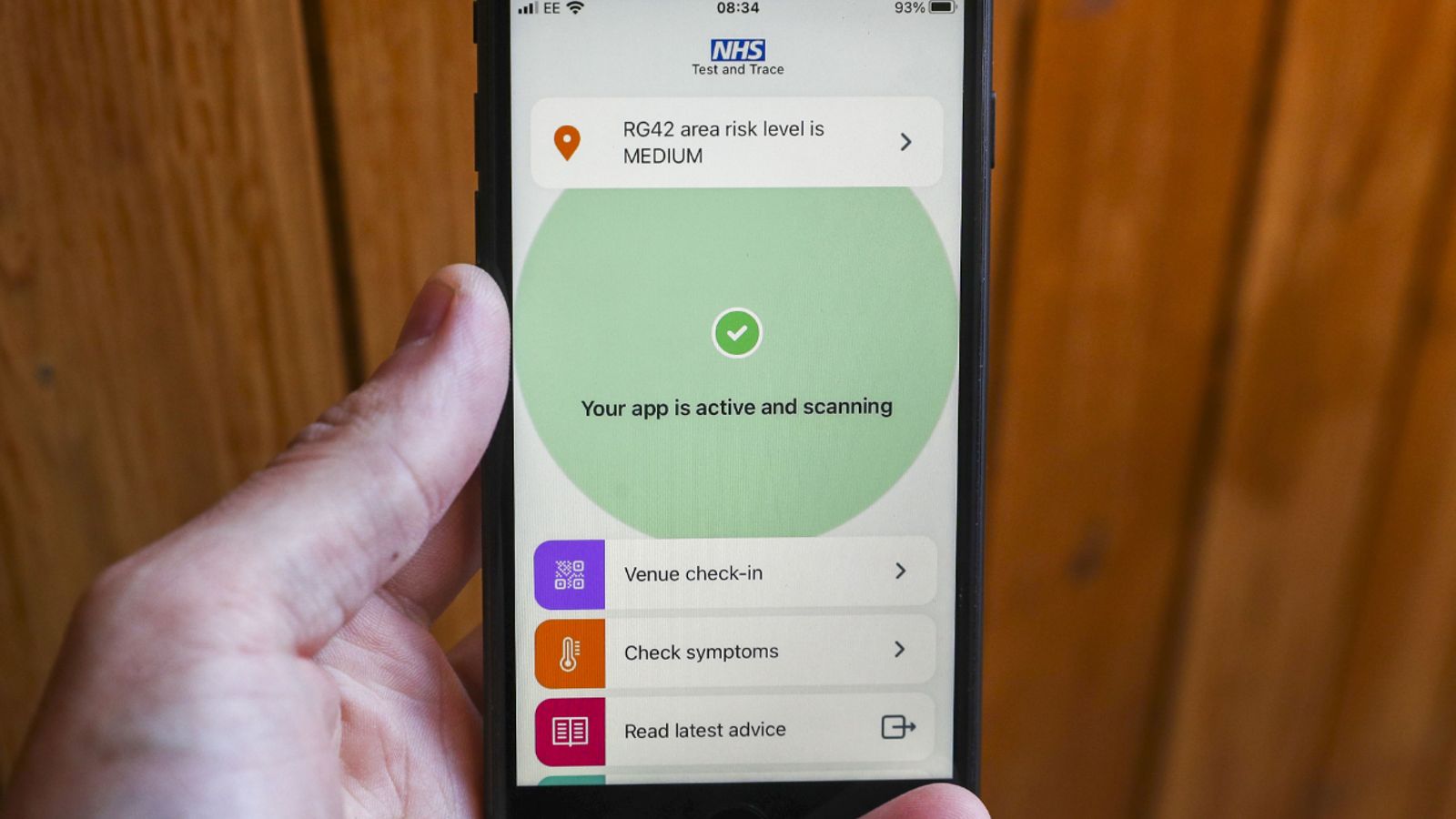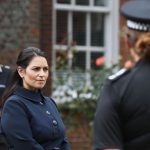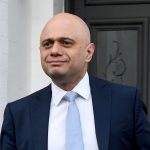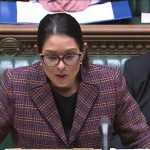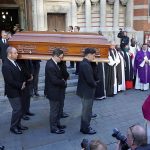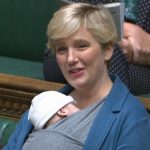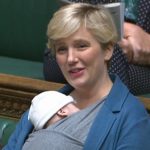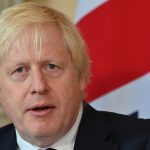A number of “critical workers” will be exempt from self-isolating for work purposes if they are identified as a close contact of someone who has tested positive for coronavirus, Boris Johnson has said.
Speaking virtually at a Downing Street news briefing from self-isolation at Chequers, the prime minister confirmed the exemption would apply to a “very mall number” of crucial workers including hospital and care home staff, those working in key transport roles and those working in food production.
“I want to assure you that we will protect crucial services – including the staffing of our hospitals and care homes, the supplies of food, water, electricity and medicines, the running of our trains, the protection of our borders, the defence of our realm – by making sure that a small number, a very small number, of named, fully-vaccinated critical workers are able to leave their isolation solely for the work that I have described,” he said.
These individuals will have to remain in quarantine when not travelling for work purposes or if they themselves test positive for coronavirus.
Those not within the critical categories who come into contact with someone who has tested positive for COVID-19 must still self-isolate for 10 days.
Making a statement on the matter in the Commons, Nadhim Zahawi described the move as a “sensible and pragmatic approach”.
The vaccines minister added that it will be used “sparingly”, with only a limited number of people eligible.
He also told MPs that self-isolation of positive cases and their close contacts remains “one of the most effective tools” in reducing transmission rates.
“However, we recognise there are some very specific circumstances where there would be a serious risk of harm to public welfare if people in critical roles are unable to go to their work place, like air traffic controllers or train signallers,” he told MPs.
“So people in those kind of roles who have received two vaccinations plus two weeks beyond a second vaccine will not need to self-isolate to perform those critical tasks.
“They will, however, have to continue to self-isolate at all other times.
“The people eligible for this will receive personalised letters setting out the steps they must follow.
“This is a sensible and pragmatic step and one that will be used sparingly and responsibly.”
It comes amid concerns about the number of people being forced to self-isolate by the NHS Coronavirus App.
Recent figures showed more than half a million people in England and Wales were ‘pinged’ by the app in the week up to 7 July, which was an increase of almost 50% compared with the week before.
Earlier on Monday, Downing Street suggested the tracing app would not be fine tuned to make it less sensitive in order to get the number of people isolating down as it fulfils its purpose.
And speaking on Monday evening, Mr Johnson reiterated that people have to accept that increasing numbers would be required to self-isolate “as a consequence of living with COVID”.
“I know how frustrating it is for all those who have been affected or pinged,” the PM said.
“But people identified as contacts were “at least five times more likely to be infected than others”.
“Even if they have been vaccinated there is a significant risk that they can still pass the disease on.
“And so as we go forward I’m afraid that the continuing sacrifice of this large minority, those of us who have been asked to isolate, remains important to allow the rest of society to get back to something like normality.
“I’m afraid that at this stage it’s simply a consequence of living with COVID and opening up when cases are high in the way that we are.”
Earlier this month, the PM announced that from 16 August, people who have been fully vaccinated will not have to self-isolate if they are ‘pinged’ by the NHS app when they have come into contact with a positive case.
These people will instead be asked to take a PCR test as soon as possible.
But business leaders have expressed fears that over the next month, many more staff will be told to stay at home with businesses forced to close.
